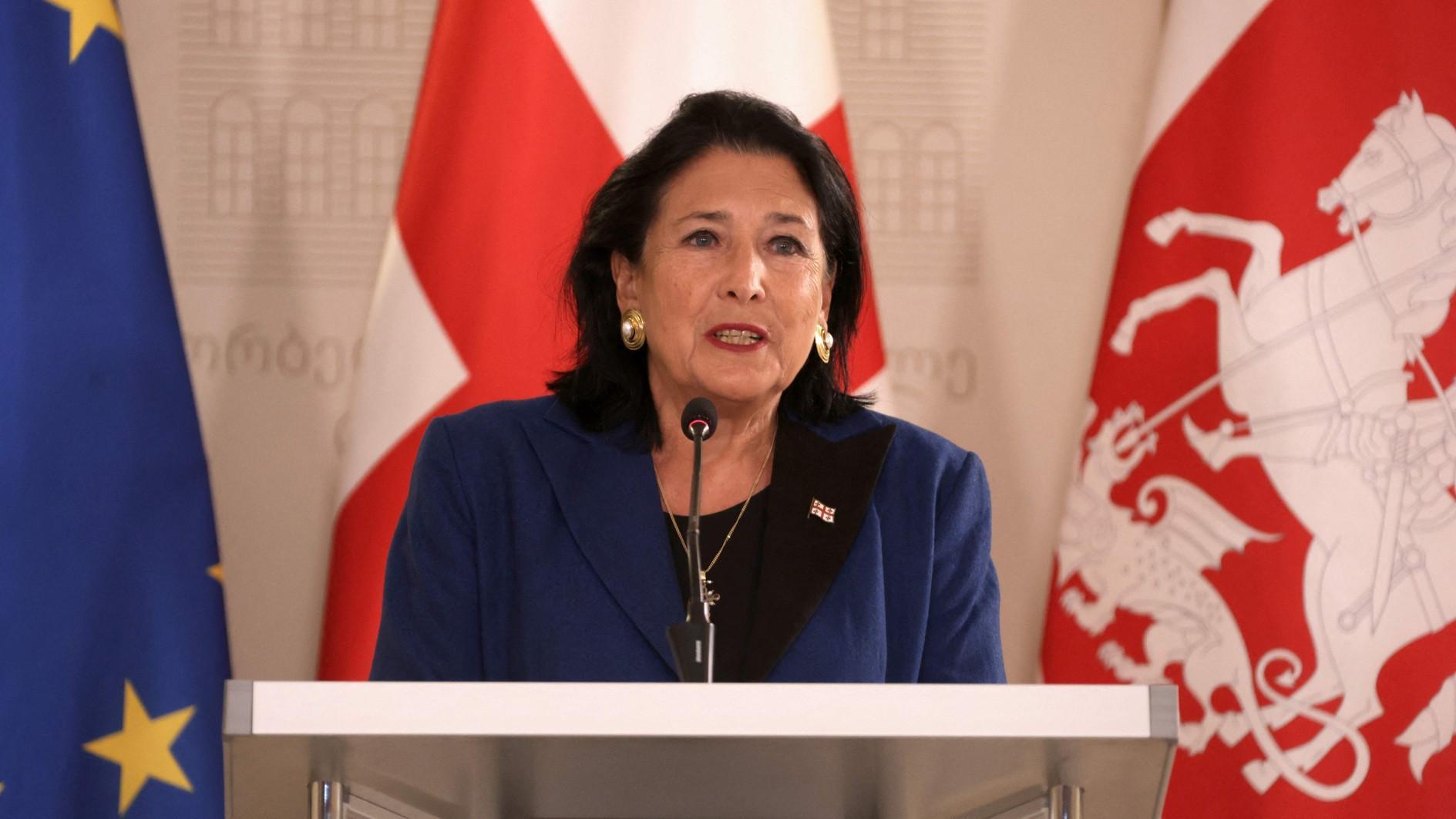Democracy is a difficult game
“Starting like a German and finishing like a Turk” is a rather famous saying in Turkey. Sunday was a rather strange day in the Turkish capital Ankara. The top executive of the European Union in Ankara was on the grill over that remark, while the saying was in practice just several hundred yards away from the capital’s Esenboğa Airport.
Why did EU Ambassador Hansjörg Haber deliver that statement? The ambassador was commenting on the collapse of the deal Turkey and the European club had reached after some hard bargains. According to the deal, Turkey would take every possible measure to stop Syrian, Iraqi and other eastern refugees illegally traveling to Europe, mostly through the Aegean Sea to the Greek islands. In exchange of that vigorous effort, the EU countries agreed to accept an equal number of refugees that had illegally traveled to EU territory and been handed back to Turkey under the deal. Turkey would be given 6 billion euros over the next three years to meet the expenses of the refugees. Furthermore, the EU agreed to revive and speed up the accession talks. So far so good, but there was a very nasty condition: Turkey should return to the long-forgotten reform path and start by acting vigorously on a 72-article package that included a reform in the anti-terrorism law and declaring Turkey a visa-free country for European nationals, with no discrimination, including Greek Cypriots.
Giving Greek Cypriots visa-free access to Turkey is of course tantamount to recognizing the Greek Cypriot state but that was not at all a problem for Turkey’s political power holders. The real problem was the nasty pledge to reform the anti-terror law, particularly article five of that nasty law, under which journalists, critics and intellectuals have been ending up in prison because of a “very liberal” description of who is a terrorist, or what is a terrorist gang. President Recep Tayyip Erdoğan and his political clan of Islamists would not agree to give up an important gun they have been effectively using to silence critics and opponents by agreeing to restrict the description of terrorism. Of course the fight against separatist terrorism was an important reason to object to such a reform as well, but the extravagant palace of power did not want to be stripped of such an effective tool while it has plans to push through a snap election, obtain the required parliamentary majority and end 2016 as not just the de facto all powerful, sole power holder but as a de jure new sultan.
Why would he not? The Peoples’ Democratic Party (HDP) successfully tarnished its own image and has become the political extension of a secessionist terrorist gang that would no longer get the required ten percent vote, meet the electoral threshold and enter parliament again. The Nationalist Movement Party (MHP), as was demonstrated once again on Sunday, was heading for a split. Devlet Bahçeli’s leadership was eager to support the ruling Justice and Development Party (AKP) and serve as a political backup whenever the ruling party needed it, but a growing opposition within the MHP was demanding change. With a leadership change the MHP could garner – according to many pollsters – as high as 20-23 percent of the vote in an election. However, with the assistance of the AKP, particularly using the Justice Ministry’s generous help, the Bahçeli leadership of the MHP has so far rendered attempts to oust him ineffective.
According to the four candidates demanding a leadership change in the MHP, the AKP-supported stalling of an extraordinary convention would be fought by camping in front of the hotel until the Court of Appeals made a decision on whether or not such a meeting could be held.
Yet, if over 900 out of 1250 or so delegates of a party gather and demand an extraordinary convention, how democratic or legal might it be to object to such a meeting?
In many newspapers there was a remark by EU Minister Volkan Bozkır, fuming over the “Turkey did not act in line with the saying ‘starting like a German, finishing like a Turk’” statement attributed to Haber. Why? Don’t we use that expression to describe how Turks have been willing to engage in something but after a while losing their motivation and putting aside that once-important goal while the Germans spend a long time pondering what to do but work vigorously to achieve what they decide?
That what happened with the refugee deal with Europe might be or might not be an example of that saying is indeed irrelevant. What the ambassador might have wanted to say is irrelevant as well. In democracies people have the right to express their opinions. Delegates of a party have the right to change the leader of their party. The democracy game cannot be played with authoritarian rules, but with understanding, tolerance and respect to rights and liberties. If an ambassador breaches the code of diplomatic conduct, a minister should not breach the code of manners and fight with an ambassador through the media. If delegates collect a sufficient number of signatures, a party should convene its convention and it should be none of the business a Justice Ministry to order the governor of the capital city to prevent such a convention from getting underway by “using all means.”
Democracy is a difficult game to play, particularly for anti-democratic autocrats.











